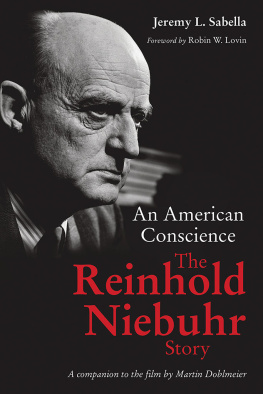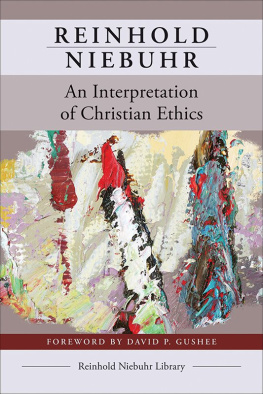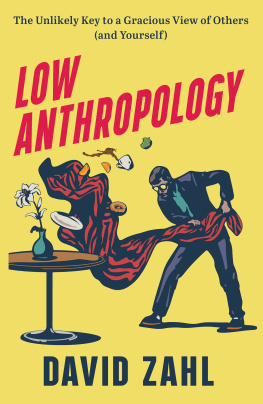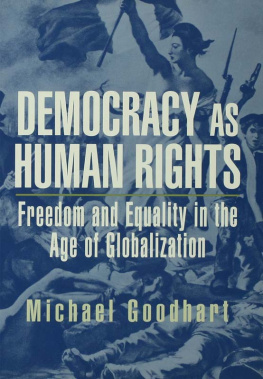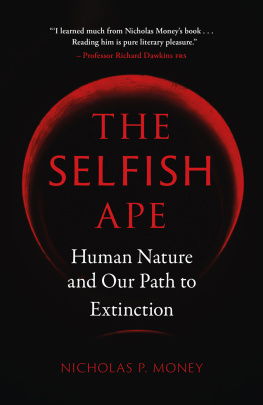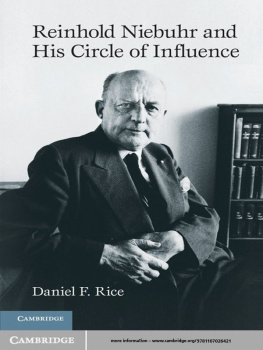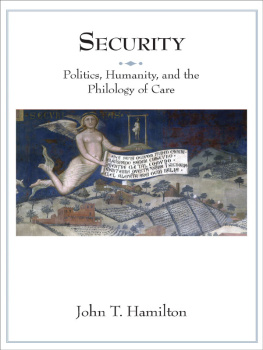Copyright Fortress Press 2012. All rights reserved. Except for brief quotations in critical articles or reviews, no part of this book may be reproduced in any manner without prior written permission from the publisher. Visit www.augsburgfortress.org/copyrights/contact.asp or write to Permissions, Augsburg Fortress, Box 1209, Minneapolis, MN 55440.
New Revised Standard Version (NRSV) translation, copyright 1989 by the Division of Christian Education of the National Council of the Churches of Christ in the USA. Used by permission. All rights reserved.
This ebook was produced with http://pressbooks.com.
Series Foreword
Everyday practices matter for Christian faith. Our ordinary routineseating, cooking, working, walking, shopping, playing, and parentingare responses to the life God gives to the world. Christian faith claims that the ordinary materials and practices of human life are graced by Gods presence: basic foodstuffs become the Body of Christ in a shared meal, water becomes the promise of new birth as ordinary people gather in Christs name, and a transformed household becomes a metaphor for Gods reign. Bodies, baths, meals, and households matter to Christian faith because God takes these everyday practices and materials as Gods own: blessing, redeeming, and transforming them so that they more nearly reflect the hope and grace that come to us in the midst of the everyday. Christian faith does not flee from the everyday but embeds itself in daily, ordinary routines. This book series considers everyday practices as sites for theological reflection. When we pay close attention to everyday practices, we can glimpse classical Christian themesredemption, creation, and incarnationin new light. This book series does not attempt to apply classical doctrines to particular practices, but to offer narratives of ordinary routines, explore how immersion in them affects Christian life in a global world, and imagine how practice might re-form theology and theology re-form practice.
The series also explores the implications of globalization for daily practices and how these ordinary routines are implicatedfor good and for illin the often bewildering effects of an increasingly interconnected world. Everyday practices, after all, are the places where the global becomes local. We encounter globalization not in abstract theory, but in the routine affairs of shopping at the corner grocery for food grown on the other side of the globe, maintaining friendships with persons on other continents, and in jobs where workplace decisions ripple outward to seemingly distant neighbors. Daily practices put a human face on the complex phenomenon of globalization and offer one place to begin theological reflection on this phenomenon. Paying close attention to these practices helps unveil the injustice as well as the hope of a global world. Since unreflective and consumptive forms of these daily practices often manifest themselves in American consumer society, this series also offers concrete suggestions for how daily practices might be reconfigured to more nearly reflect the hope and justice that is given to the world by Gods grace. If daily practices implicate our complicity in global injustice, they might also be sites to imagine that world alternatively.
Though each book displays an organization uniquely its own, every title in the series offers three common themes: (1) The books offer thick descriptions of particular practices in North American society. What do parenting, cooking, and dressing look like in American communities in the twenty-first century? (2) The books survey varied Christian understandings of each practice, summoning theological resources for enhanced understanding and critique of typical forms of practice. What have Christians said about eating, dreaming, and traveling throughout their history, and how do their reflections matter today? (3) The books offer a constructive restatement of each practice and explore how ordinary practices might reshape or sharpen beliefs and themes of Christian faith. How does attention to practice affect the way we understand Christian theology, and how does attention to theology affect the way we understand everyday practice? Each book shares the conviction that Christian life is best encountered (and often best understood) in the midst of the ordinary.
Many of the authors of each volume are members of the Workgroup in Constructive Theology, an ecumenical group of teachers and scholars that writes and teaches theology in dialogue with contemporary critiques of Christian traditions. We are diverse in theological and denominational orientation yet share the recognition that Christian theology has often been employed for abusive ends. Theological traditions have silenced women, people of color, the poor, and GLBT persons. Our constructive restatements of Christian practice, therefore, do not simply restate classical Christian traditions, but question them as we learn from them. We listen to the past while we also critique it, just as we hope that subsequent generations will also criticize and learn from us. Because so many voices have been silenced throughout the churchs history, it is essential that Christian theologians attend to voices beyond the corridors of ecclesial and social power. Outside these corridors, after all, is where Christian faith takes root in ordinary life. Though each of us writes theology somewhat differentlysome with explicit schools of theology in mind, such as liberationist or womanist theologywe all share the conviction that theology matters, not simply for reflective life, but for the life of the world. Christian theology, at its best, is one expression of lifes fullness and flourishing. Our words, in other words, ought to point to a more abundant life of grace in the face of the death-dealing forces at work on an economically stratified and ecologically threatened planet.
We have written these books with a minimum of technical jargon, intending them to be read in a wide variety of settings. The books may be used in seminary and undergraduate courses, including introductions to theology, ethics, and Christian spirituality. Clergy will also find them useful as they seek brief, yet substantive, books on Christian life that will inform their work of preaching, counseling, and teaching. We also imagine that each text could be used in churches for adult education classes. Many Christians seek guides for how faith is lived but are disenchanted with conservative approaches that shun dialogue with the wider culture of religious diversity. This series offers a progressive, culturally engaged approach to daily practices, globalization, and Christian theology. We think the books are as important in the questions they ask as in the answers they attempt.
David H. Jensen
Austin Presbyterian Theological Seminary
Preface
Human beings, like all mammals, are born into the world without clothing. But unlike other mammals, we are swaddled in clothes from the moment of our birth and spend most of the rest of our lives in various forms of dress. We get dressed for many reasons: to protect ourselves from elements such as cold weather and sun, to cover up parts of the body out of modesty, to express ourselves in colors and styles, to follow trends and external standards of beauty and fashion. Clothing is both a basic necessity and an expression of the human spirit. What we wear conveys our creativity


